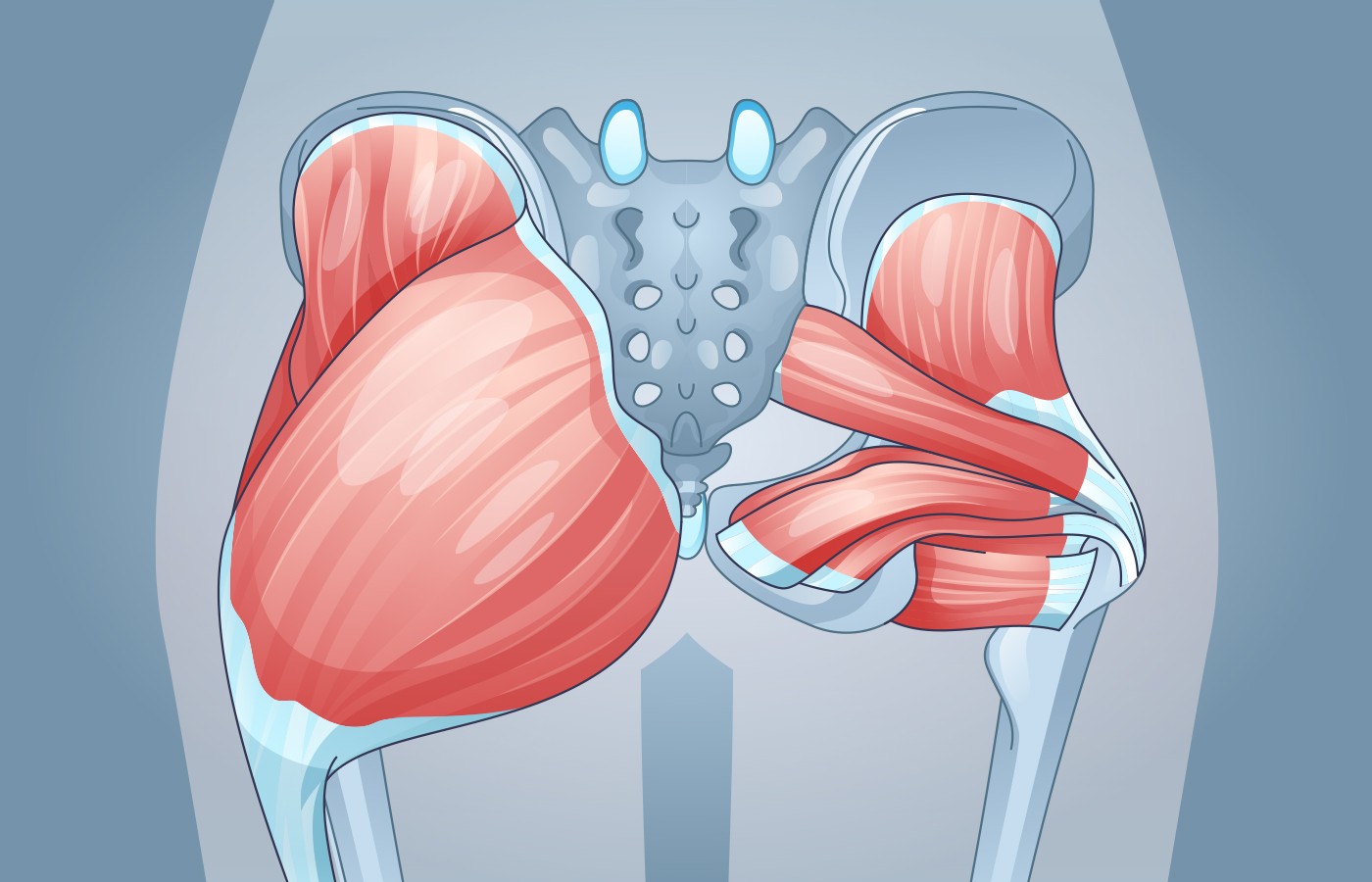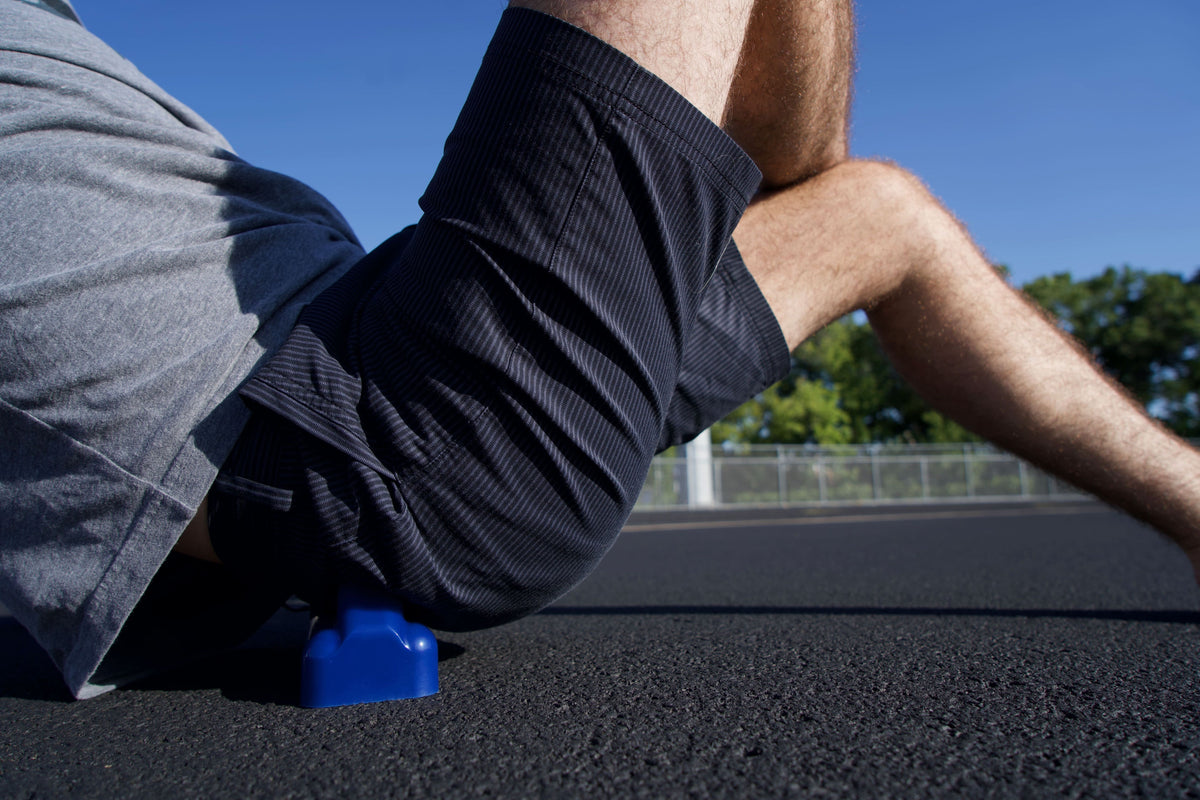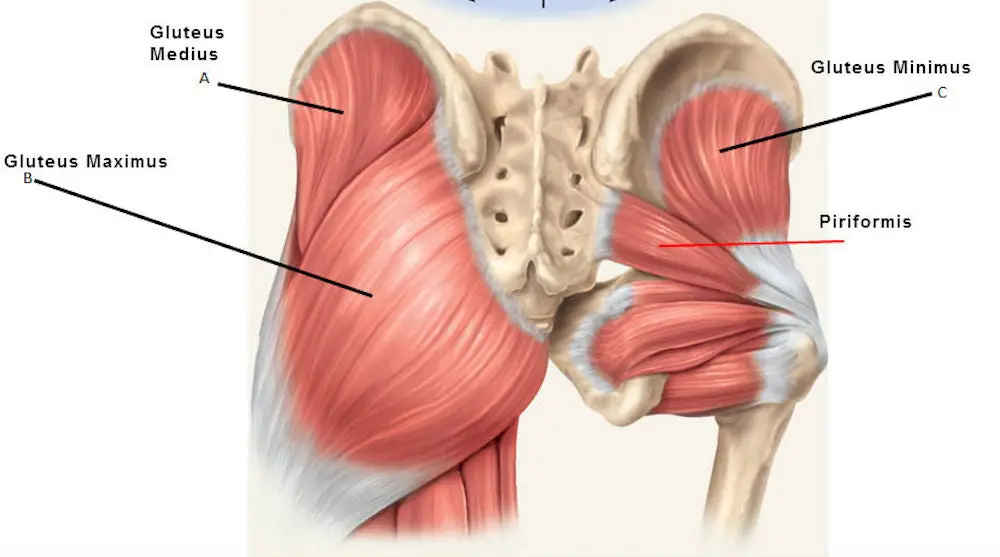Why Do My Butt Muscles Twitch? Understanding the Causes
As a beautician, you may find yourself asking the question, why do my butt muscles twitch? This peculiar phenomenon can be both frustrating and confusing. Muscles, including those in the gluteal region, can exhibit twitches or spasms for a variety of reasons. In this article, we will explore the underlying causes of butt muscle twitching, its relation to overall health, and practical solutions to manage this condition.
Twitching often occurs unexpectedly and can seem benign, but as a beautician working closely with clients, it's essential to recognize what this might indicate about their overall fitness and muscle tone. Understanding muscle behavior not only helps strengthen your expertise but can also enhance your ability to provide educated recommendations.

Understanding Muscle Twitching
Muscle twitching, also known as fasciculation, refers to involuntary contractions of small muscle segments. They can occur in various parts of the body, including the buttocks. Twitching muscles may signal fatigue, dehydration, or even neurological issues. For beauticians, recognizing these signs means you can better assist clients in maintaining muscle health.
The Anatomy of the Gluteal Muscles
The gluteal region consists primarily of three muscles: the gluteus maximus, gluteus medius, and gluteus minimus. Each plays a crucial role in bodily movements, from walking to squatting. To explore the complexity of these muscles, check out this article on butt muscles.

Possible Causes of Butt Muscle Twitching
Several factors can contribute to the twitching of butt muscles:
1. Muscle Fatigue
Like any other muscle group, the glutes can become fatigued from overuse, especially when engaging in exercises that focus on this area. Activities such as squats or lunges can result in muscle fatigue, which may lead to twitching. It's essential to allow proper rest between intensive workout sessions.
2. Nutritional Deficiencies
A lack of essential nutrients, particularly electrolytes like magnesium and potassium, can lead to muscle cramps and spasms. If your diet lacks these critical minerals, it may cause involuntary twitches. Beauticians should encourage clients to maintain a well-rounded diet. For more on muscle relaxation techniques, refer to how to relax muscles.
3. Dehydration
Inadequate water intake can cause muscle spasming. When you're dehydrated, your body may struggle to perform normal functions, leading to twitching. Staying hydrated is vital, especially in beauty treatments that may stress the muscles.
4. Stress and Anxiety
Experiencing high levels of stress can lead to muscle tension throughout the body, including the glutes. Addressing stress factors will help alleviate muscle twitches. Incorporating relaxation techniques and mindfulness into daily routines can significantly contribute to muscle relaxation and overall wellbeing.

How to Manage Butt Muscle Twitching
As a beautician, you can share various strategies to help your clients manage muscle twitching:
1. Stretching and Massage
Encourage clients to engage in regular stretching. Stretching breaks tension and can aid in preventing twitching. Massage is also beneficial for releasing muscle knots and enhancing circulation. Check this article about massaging glutes for effective techniques.
2. Dietary Adjustments
Inform clients about the importance of a balanced diet that includes plenty of fruits, vegetables, and whole grains to provide necessary vitamins and minerals. Incorporating food rich in magnesium and potassium like bananas, spinach, and nuts can significantly enhance muscle health.
3. Hydration
Staying hydrated is essential for muscle function. Advise clients to drink adequate water daily, which is crucial for overall health.
4. Rest and Recovery
Ensure clients understand the value of recovery time. Overworking muscles can result in spasms; resting allows the body to repair itself. Integrating yoga and breath work can aid in muscle recovery.

When to Seek Medical Attention
While occasional muscle twitching is usually harmless, persistent or painful twitches should prompt further evaluation. Recommend clients to consult a healthcare provider if they experience:
- Severe pain
- Persistent twitching
- Accompanying symptoms like weakness or numbness
Conclusion
Understanding why do my butt muscles twitch empowers beauticians to provide valuable insights to clients. By recognizing the causes and sharing effective management strategies, beauticians help clients not only improve their physical appearance but also enhance their overall health. For further insights on maintaining glute health, you can explore buttock muscle pain.
FAQ
1. Is muscle twitching a serious issue?
Occasional twitching is usually harmless. However, if it's persistent or accompanied by other symptoms, seeking medical advice is recommended.
2. Can stretching help with muscle twitching?
Yes, regular stretching can alleviate muscle tension and reduce the occurrence of twitches.
3. Are there specific foods I should eat to prevent muscle spasms?
Including foods rich in magnesium and potassium, such as bananas and leafy greens, can help prevent muscle spasms.
As an Amazon Associate, I earn from qualifying purchases.

